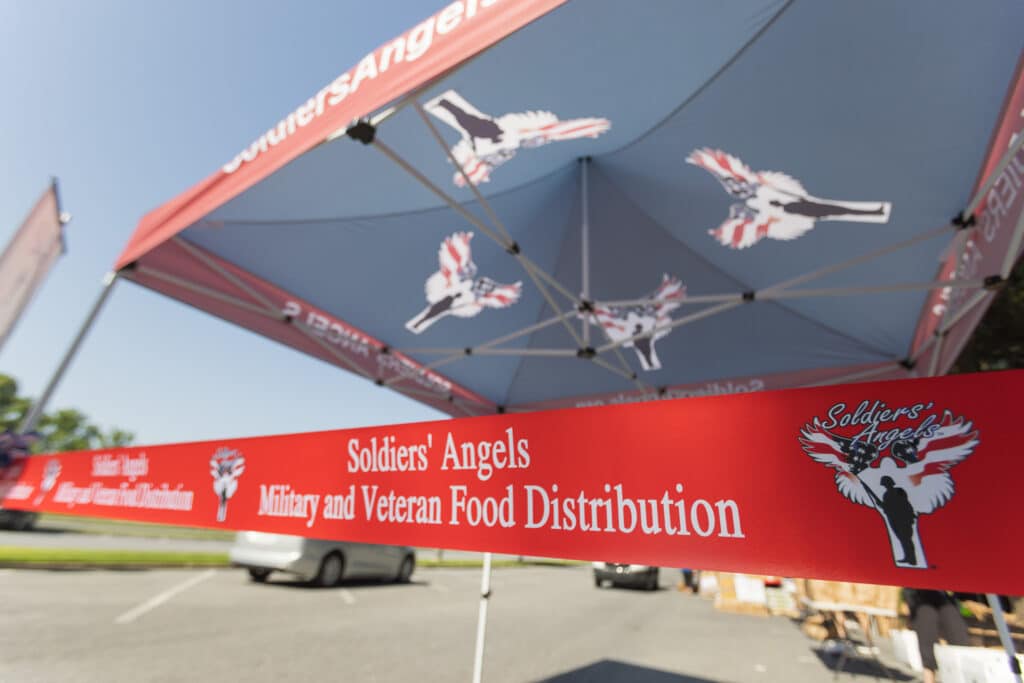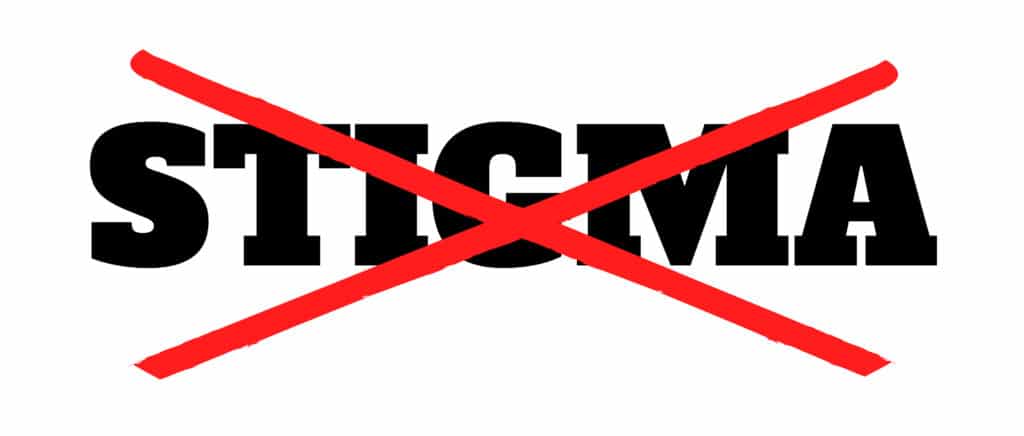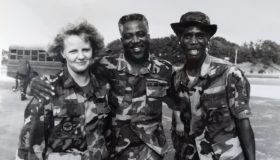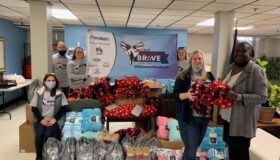The Hard Truth—7 Challenges Disabled Veterans Face Daily
August 9, 2025
Disabled Veterans face challenges daily. While the service of disabled Veterans is honored on holidays and in ceremonies, their daily battles often go unnoticed. These everyday struggles demand greater public understanding and meaningful support.
Let’s start with some facts.
How Many Disabled Veterans Are There in the United States?
The United States Census Bureau reports that approximately 30 percent of all Veterans have some kind of service-connected disability.

This number suggests there are about 5 million Veterans living with lasting physical, mental, and/or emotional challenges directly tied to their military service. However, many experts agree that this number is much higher. It is quite possible there are tens of thousands more disabled Veterans than we realize.
Why the discrepancy?
Many former Service Members choose not to file for disability compensation from the VA. They fear getting entangled in years of bureaucratic red tape—only to be disappointed when their request for benefits is denied or their disability is underrated. As a result, thousands live with untreated or underrecognized disabilities stemming directly from their service.
What Are the Requirements for a Service-Connected Disability?
To be eligible for a service-connected disability, a Veteran must meet certain criteria:
- Have served in the U.S. military with an honorable discharge
- Have experienced an injury or illness—physical or psychological—during their service
- Be able to prove that injury is directly connected to their time in uniform
- Complete a detailed VA review to receive a disability rating, which determines their level of compensation (from 0% to 100%)
7 Challenges Disabled Veterans Face in their Daily Lives
Many disabled Veterans find purpose in pain and celebrate disability pride. While this is admirable, it is important to recognize that a disability can be debilitating. This makes it difficult to thrive in a world wrought with ableism and stigma. Disability pride should never mask the reality that being disabled can be exhausting and isolating.
Let’s take a look at 7 challenges disabled Veterans face daily. By naming and acknowledging these challenges, it puts us in a better position to come up with solutions for how we can better be of service to our country’s wounded warriors.
#1 Physical Injuries & Chronic Pain
Military service can leave severe physical scars—amputations, spinal injuries, and burns. These are just a few of the visible wounds we see disabled Veterans living with as a result of their disability.
However, many also live with physical injuries you can’t see, like chronic pain, nerve damage, or degenerative conditions that worsen over time. Tasks that once seemed simple (like climbing stairs, driving, or even standing for too long) can become daily hurdles.
#2 Mental Health Struggles
Another one of the major challenges disabled Veterans face is the battle to maintain mental health. Living with a disability can wreak havoc on the mind, body, and spirit, causing profound feelings of hopelessness, depression, and even suicidal thoughts.

For instance, Post-Traumatic Stress Disorder (PTSD), Traumatic Brain Injury (TBI), depression, and anxiety are common among Veterans—especially those who served in combat zones. These conditions can affect memory, mood, relationships, the ability to hold a job or maintain routines, and completely downgrade a Veteran’s overall quality of life.
Are you a disabled Veteran who is struggling with your mental health? Here are 14 resources that may help.
#3 Food Insecurity
Many disabled Veterans struggle with food insecurity and lack consistent access to the resources needed for regular, nutritious meals.

In fact, one report indicates that about 1.2 million Veterans receive benefits from the Supplemental Nutrition Assistance Program (SNAP, formerly known as food stamps). Many of these recipients are disabled.
To help address this, Soldiers’ Angels has increased our support by 50 percent in 2025. This includes our monthly Military Veteran Food Distribution events happening in several major cities across the country, including Washington, D.C.
#4 Employment Barriers
Challenges like physical limitations, cognitive impairments, and mental health conditions can make traditional work environments inaccessible or even downright unbearable. Furthermore, some employers may hesitate to hire Veterans due to misconceptions about PTSD or fear of providing proper accommodations.
Even with programs like the VA’s Vocational Rehabilitation and Employment (VR&E), many disabled Veterans struggle to find meaningful, sustainable work. Underemployment is common, and for those unable to work, navigating disability benefits can be complex and frustrating. Financial insecurity only compounds the stress of being a Veteran with a disability.
#5 Fighting Stigma
Perhaps one of the most insidious challenges disabled Veterans face is stigma—both from society and from within themselves. Disability is often framed as weakness, and Veterans may internalize that message. They may feel “less than” because they can’t do what they once could. Furthermore, they may struggle to reconcile their warrior identity with their current reality.

Stigma still surrounds mental health—especially in military culture, where toughness is often prized over vulnerability. Many Veterans delay seeking help because they fear judgment, discrimination, and career repercussions. And even when they do, navigating the VA mental health system can be daunting.
The result? Many Veterans suffer in silence, which can lead to feelings of hopelessness and suicidal thoughts.
Disabled Veterans often face significant barriers to employment despite their skills, discipline, and leadership experience.
#6 Housing Instability
No one who served their country should have to fight for a roof over their head. But did you know that disabled Veterans are disproportionately represented among the homeless population?
According to the U.S. Department of Housing and Urban Development, in 2023, there were approximately 35,500 Veterans experiencing homelessness on any given night—although some estimate the number is much higher. Many of these warriors are disabled.
While programs like VASH (Veterans Affairs Supportive Housing) have made strides, the need still outpaces the resources.
To assist those who have been homeless, Soldiers’ Angels provides free housing packs to support Veterans in transition to permanent housing.
#7 Social Isolation
Military life is built on camaraderie, structure, and shared purpose. When Veterans transition to civilian life—especially with a disability—they often lose that sense of belonging. Social isolation can creep in, especially for those who struggle with mobility or mental health.

Civilians may not understand their experiences. Friends and family may drift away or withdraw. And without a strong support network, loneliness can take root. This isolation can worsen depression, reduce access to resources, and make reintegration even harder. Community-based programs and peer support groups are vital—but they are not always easy to find.
Final Thoughts
Disabled Veterans don’t just carry the weight of their service—they carry its invisible aftermath. These 7 challenges represent only a fraction of the reality many live with every day.
When we shed light on these issues, we take the first step toward creating a more inclusive, compassionate, and responsive society—one that doesn’t just celebrate Veterans, but actively supports them in every season of life.
If you’re a disabled Veteran facing any of the challenges listed above, know that you are not alone. Resources exist. Community exists. Whether it’s through peer support, nonprofit assistance like Soldiers’ Angels, or simply sharing your story, your voice has power—and your experience can drive change.
Let’s commit to not just thanking disabled Veterans for their service, but showing up for them in tangible, lasting ways.
If you are a disabled Veteran living with a disability, we hope you will find this list of resources helpful.
About the Author

Bethany Heinesh is a proud Marine Corps Veteran living in San Antonio, Texas. Bethany holds a Master of Arts in Administration-Communication Arts from the University of the Incarnate Word and a B.A. in Public Relations (Minor Religious Studies) from the University of Houston.


